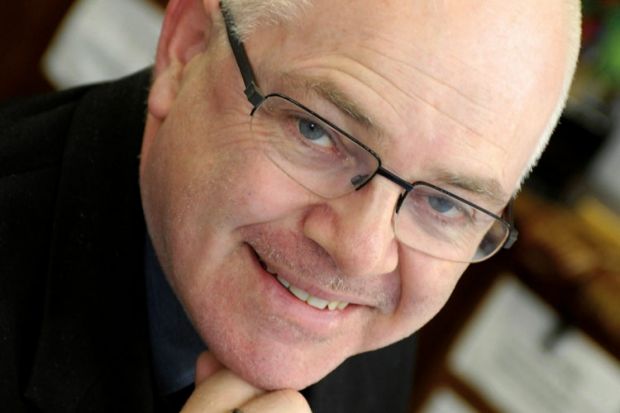A new UK Centre for Global Higher Education that hopes to shape the sector’s future “here and across the world” by tackling issues such as access and overseas students has secured several million pounds in funding.
The CGHE, to be led by the UCL Institute of Education and partnered by Lancaster University and the University of Sheffield, will formally open in October this year. The Economic and Social Research Council has announced that it will provide £5 million in funding for five years up to 2019.
Co-funded by the Higher Education Funding Council for England, the centre is billed by the IoE as “the first UK social science research centre dedicated to the systematic investigation of higher education and its future”, with the institution noting that until now, higher education has been “less researched than other major social sectors such as health, manufacturing industry and government”.
Chris Husbands, IoE director, said: “There has never been a time in the history of the world when universities have mattered to more people than they do today.
“The Centre for Global Higher Education will further strengthen the IoE’s contribution to understanding the extraordinary expansion of universities around the world. It represents a significant step in improving understanding of global trends in higher education.”
Simon Marginson (pictured above), professor of international higher education at the IoE and former professor of higher education at the University of Melbourne, will be director of the CGHE.
Professor Marginson said: “This new centre is a wonderful opportunity to progress the national and global conversations about higher education. The Centre for Global Higher Education is a major research initiative that, working with many people, will help to shape the future of higher education here and across the world.”
He added: “Higher education is the site of significant policy dilemmas. Social access to education is expanding, yet in many countries higher education systems, and societies, are becoming more unequal. Research is more important than ever – but there is insufficient support for expanding the tax base that pays for it.”
Major controversies over government policies on overseas students in nations including the UK and Australia could also stimulate research.
“International students play a key role in the UK economy, and build international understanding, yet there is widespread unease about migration, temporary or permanent, not just in the UK but also in much of Europe,” said Professor Marginson.
“We want higher education to engage more closely with industry, yet commercialisation can undermine academic objectivity and independence. These are ongoing problems for the CGHE to grapple with.”




